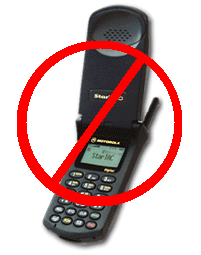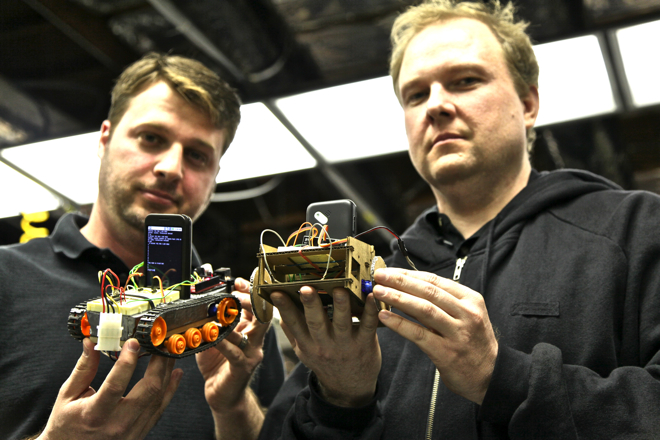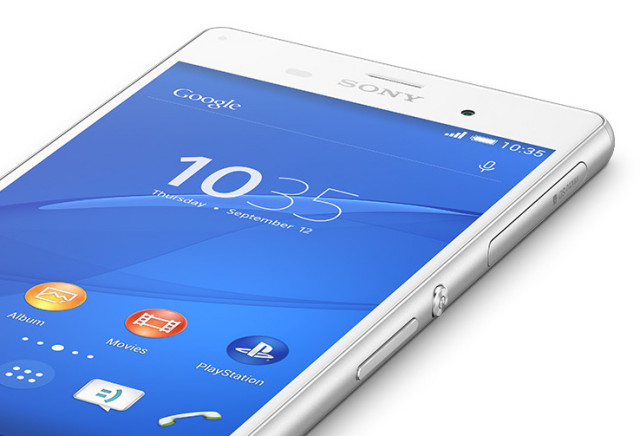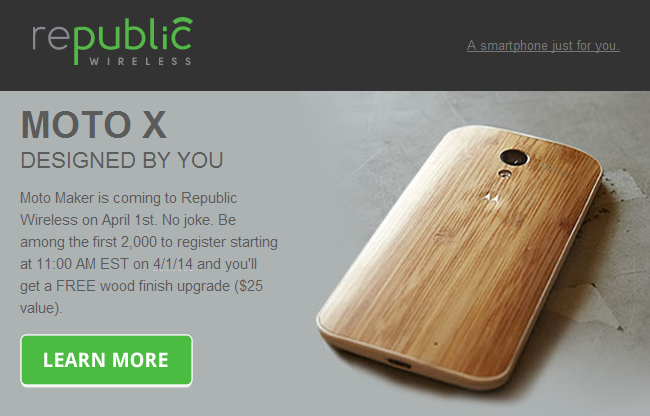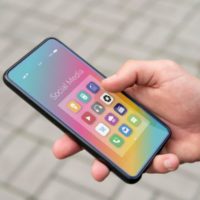This is a question that some of us may ask ourselves when we start to use our new Android based phone. More specifically, why is my new phone running an operating system that is a year or more old and does not have the latest functionality and in more recent cases, why can’t I install certain applications?
So here’s my take, and opinions on what happens, how we should deal with it broken down into components:
Multiple handsets, multiple manufacturers – Google provides a working operating system. The device manufacturer has to configure the operating system to work with each handset. This is time consuming. I am told that the process takes 3 to 4 months for each new OS version. At the rate at which Google releases updates, the cost/benefit of continuously updating mature handsets with new software does not divvy up.
Competing product offerings by the same manufacturer – Let’s face it. When it comes to electronics or more broadly technology, most people want the latest and greatest. If the Mytouch did everything that the Nexus One does (except for clocking at faster speeds), then what incentive would most people have to buy the Nexus One over the Mytouch? Remember the iPhone 3G’s launch was a non-event for this reason. Handset makers are reluctant to update operating systems to avoid cheaper, older handsets competing with latest and greatest handsets.
Over the airwaves (OTA) update deployments – Currently, the only way for users to update their operating system (unless your phone is rooted) – is for the carrier to push the new operating system to you over the airwaves. There is not much incentive for the carriers to do this and it costs time, resources, and money to deploy updates and they get nothing in return. Remember, phones will work even without the latest and greatest OS. Not to mention, customers are tied to their carrier through contracts for subsidized phones that can only be broken if customers are willing to incur the hefty early termination fees.
With all this being said, I think the way to solve this problem is as follows:
Google needs to deploy an operating system update mechanism easily accessible and easy to use by most people like the update functionality in iTunes and insist that hardware manufacturers turn over their driver information (code that allows the hardware to talk to the operating system and visa versa) so that third party developers could create fully functional versions of the latest operating systems for all android based devices. I mean the operating system is open source but the handset is not?
We need free access to driver information and technology in order for us to truly own our handsets and do what we want with them. The Android operating system was the big win for us free society consumers but not a complete solution to use our handset as we’d like to, when we’d like to.
Accces to driver information and an easy to use update mechanism would:
- keep existing carrier customers happy that they have the latest functionality on their handset,
- keep existing handset owners happy with the Android platform and continue to embrace it the long run,
- help to maintain handset brand loyalty as the handset owners experience would remain positive over the life of the device
In addition, the update as you like approch is consistent with Android’s primary competitor Apple which, so far, allows all current and past handsets to be updated with the latest OS releases.
Us Android based handset owners have an effective relationship with our operating system provider. We now need to establish (demand really) a similar relationship with our handset manufacturer in order for us to be in total control of our devices. I think the way to achieve this relationship is for consumers to become educated and buy only handsets like the Nexus One, that are truly open (don’t forget bootloader/carrier unlocked).
Google is not going to advertise or speak openly about this subject because it sours (ruins) their relationship with handset manufacturers which right now is their primary distribution source. It is up to us, the Android community, to actively promote handsets like the Nexus One and to educate handset owners who own “closed” handsets to convert to open handsets and refuse to buy closed handsets in the future.
If we, the Android community, can create this open handset movement and it creates a consumer shift to open handsets we, as the consumers, are in control and we as the handset owner wins. Game over get out of my office wins!
